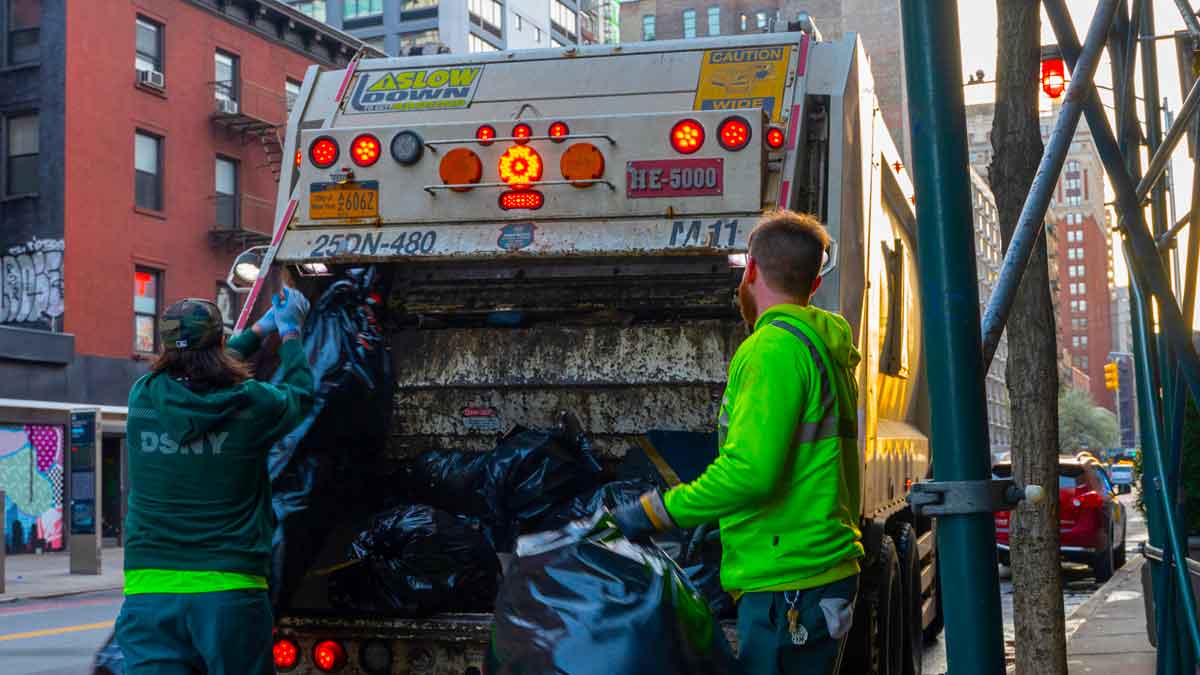Travel
U.S. suggests travelers avoid visiting Caribbean nation over rising crime, health issues

WASHINGTON – The U.S. State Department, in response to rising crime and health care issues, has reissued a warning about traveling to Jamaica, urging travelers to think carefully about going there.
The warning, issued Thursday, cautions travelers that some areas of Jamaica have increased risks related to violent crime and a lack of quality health care.
Previously: US warns travelers about high crime at 2 popular cruise destinations, urges ‘extreme caution’
Prevously: Is Jamaica safe? State Department advisory raises concerns; here’s what to know
The State Department issued an initial advisory in January. Thursday’s new advisory was made to reflect additional troubles since then, the State Department said.
“The U.S. Embassy routinely receives reports of sexual assaults, including from U.S. citizen tourists at resorts,” the State Department said. “U.S. citizens report slow or unsatisfactory response to serious criminal incidents. When arrests are made, cases are infrequently prosecuted to a final verdict and sentence.”
The homicide rate reported by the Jamaican government is among the highest in the Western Hemisphere. Armed robberies and sexual assaults are common.
The State Department did note that while violent crime occurs throughout Jamaica, tourist areas generally see lower rates of violent crime than other parts of the country.
Jamaica, south of Cuba and west of Hispanola, is an island nation smaller than the state of Connecticut with an estimated population of more than 2.8 million people.
The island’s pristine beaches and other natural wonders have long made it popular for tourism, which is a major industry.
People who do travel to Jamaica should expect to find available health care will not be at the same level of that available in the United States.
Response times are generally lower for emergency services or routine care for illness or injury. Private hospitals often require payment up front before they will admit patients. Those hospitals may not be able to provide specialized care.
Ambulance services are not always staffed with EMTs or always readily available, especially in rural areas.
Travelers are advised to bring extra prescription medication as common medications such as insulin can be difficult to obtain.
The State Department cautions that travelers should obtain traveler’s insurance, including medical evacuation insurance, before visiting Jamaica.
The Department of State does not pay medical bills, and Medicare and Medicaid programs do not apply for treatment in Jamaica.
For travelers who do go to Jamaica, the State Department recommends these tips:
- Do not attempt to bring firearms or ammunition. This includes stray rounds, shells, or empty casings. The penalties for carrying firearms and/or ammunition, even inadvertently, are severe, and can include lengthy prison sentences.
- Be aware of your surroundings and keep a low profile, avoiding public buses, secluded places or situations and walking or driving at night.
- Do not physically resist any robbery attempt.
- Enroll in the Smart Traveler Enrollment Program (STEP) at www.step.state.gov to receive alerts and make it easier to locate you in an emergency.
The State Department notes that U.S. embassy staff are forbidden from traveling in nearly a dozen areas of the country due to crime. They also are prohibited from using public buses and from driving outside of prescribed areas of Kingston, the capital, at night.










